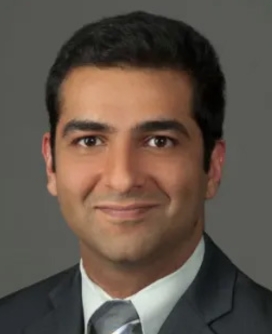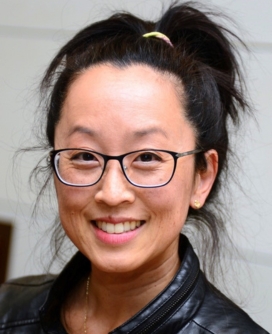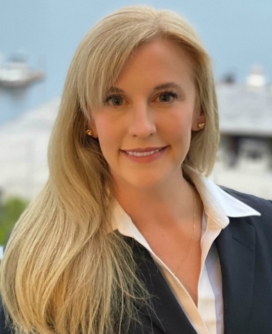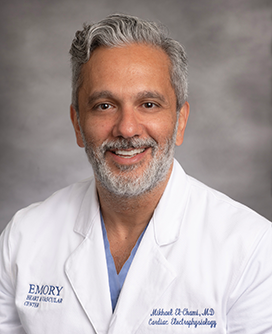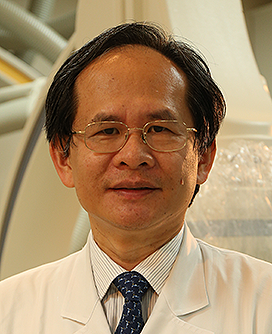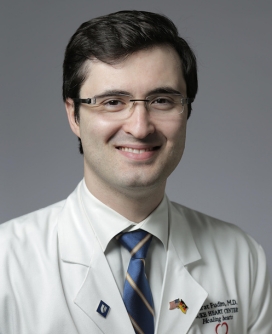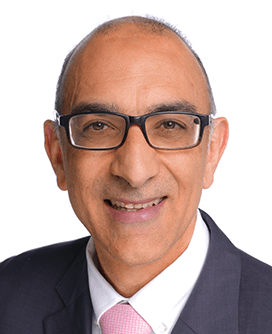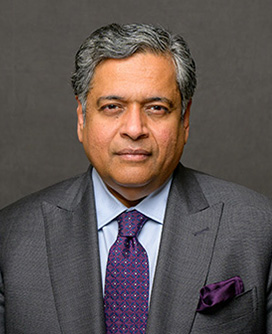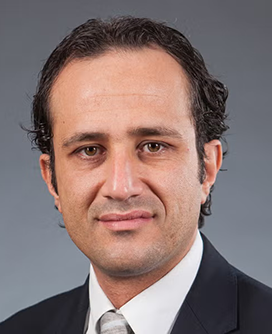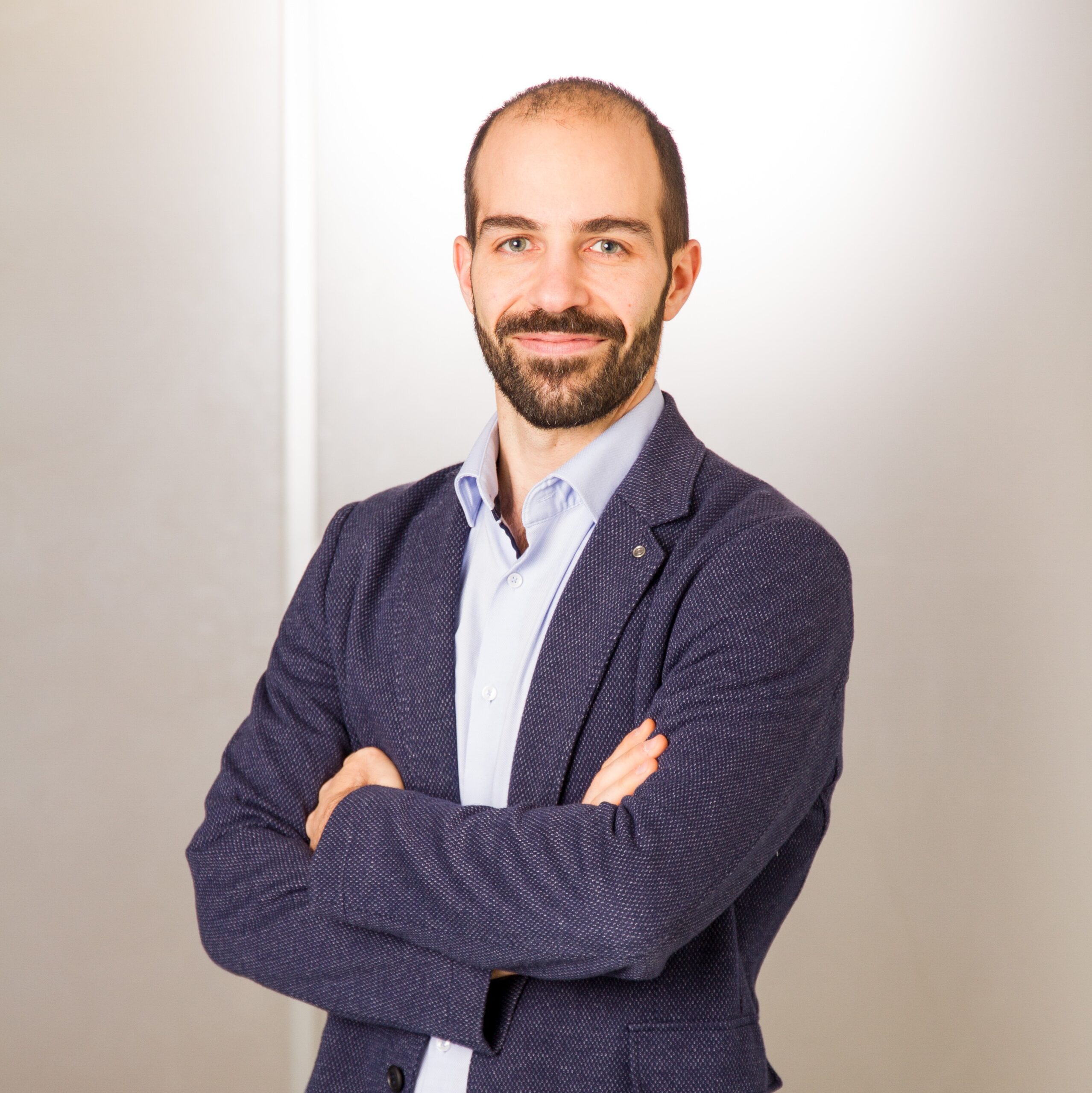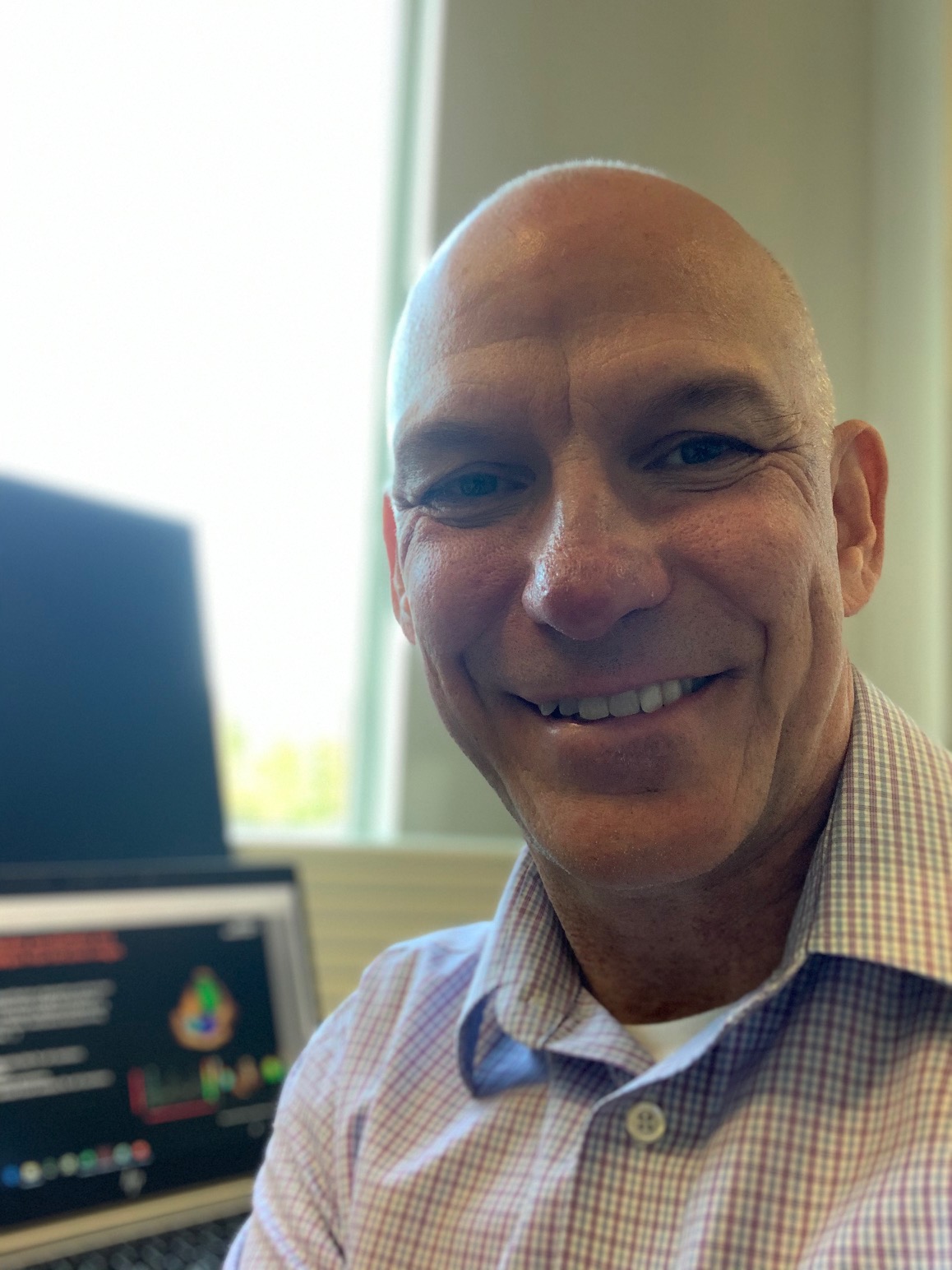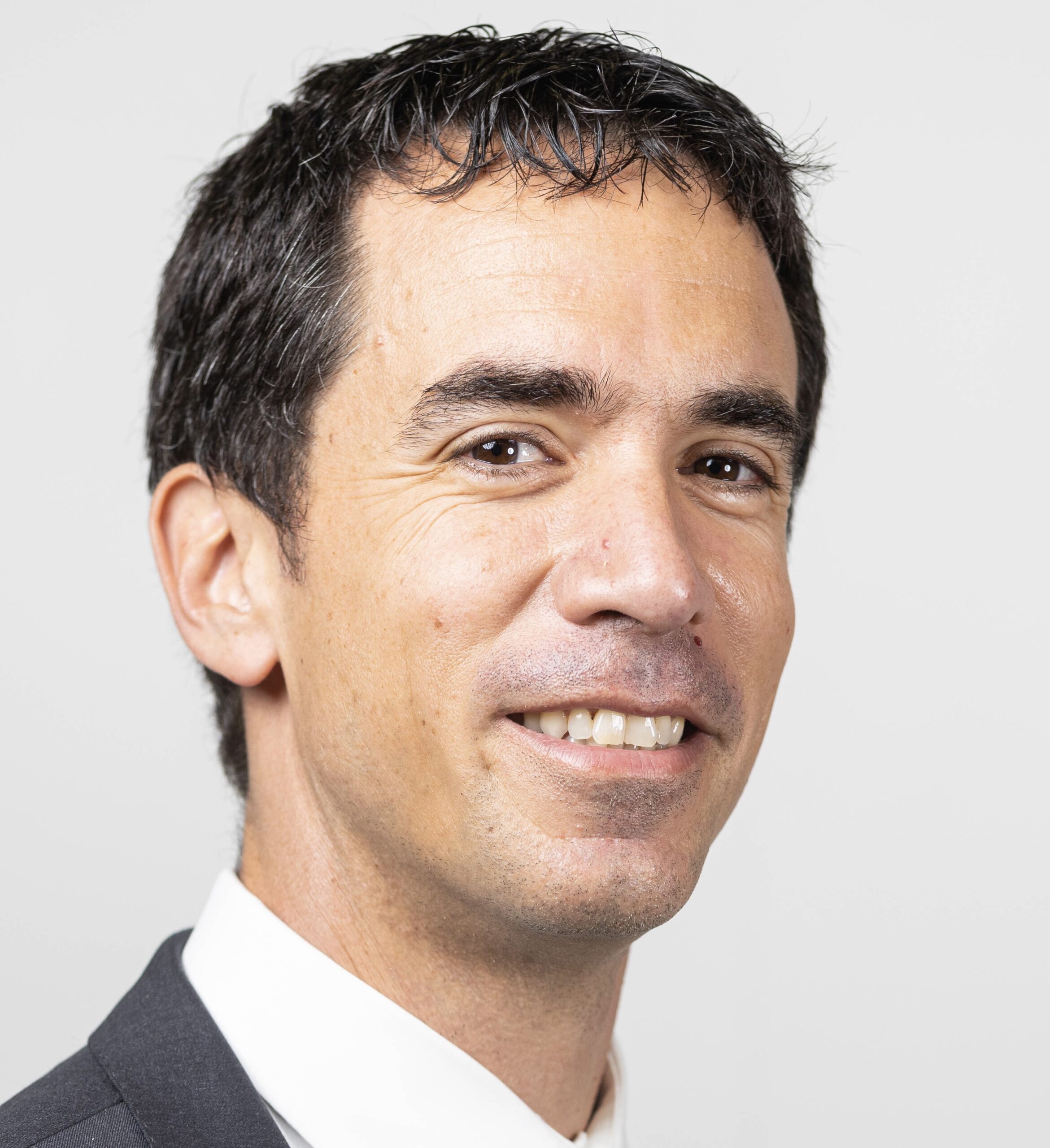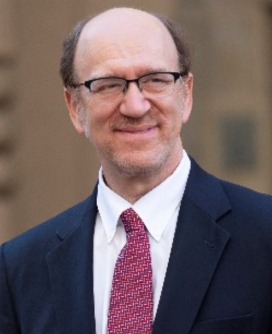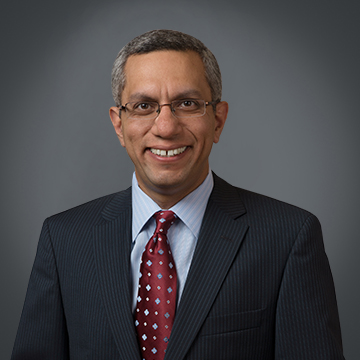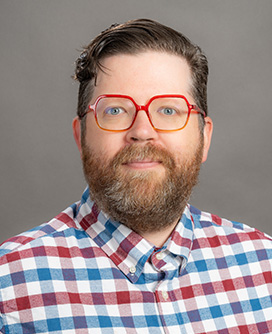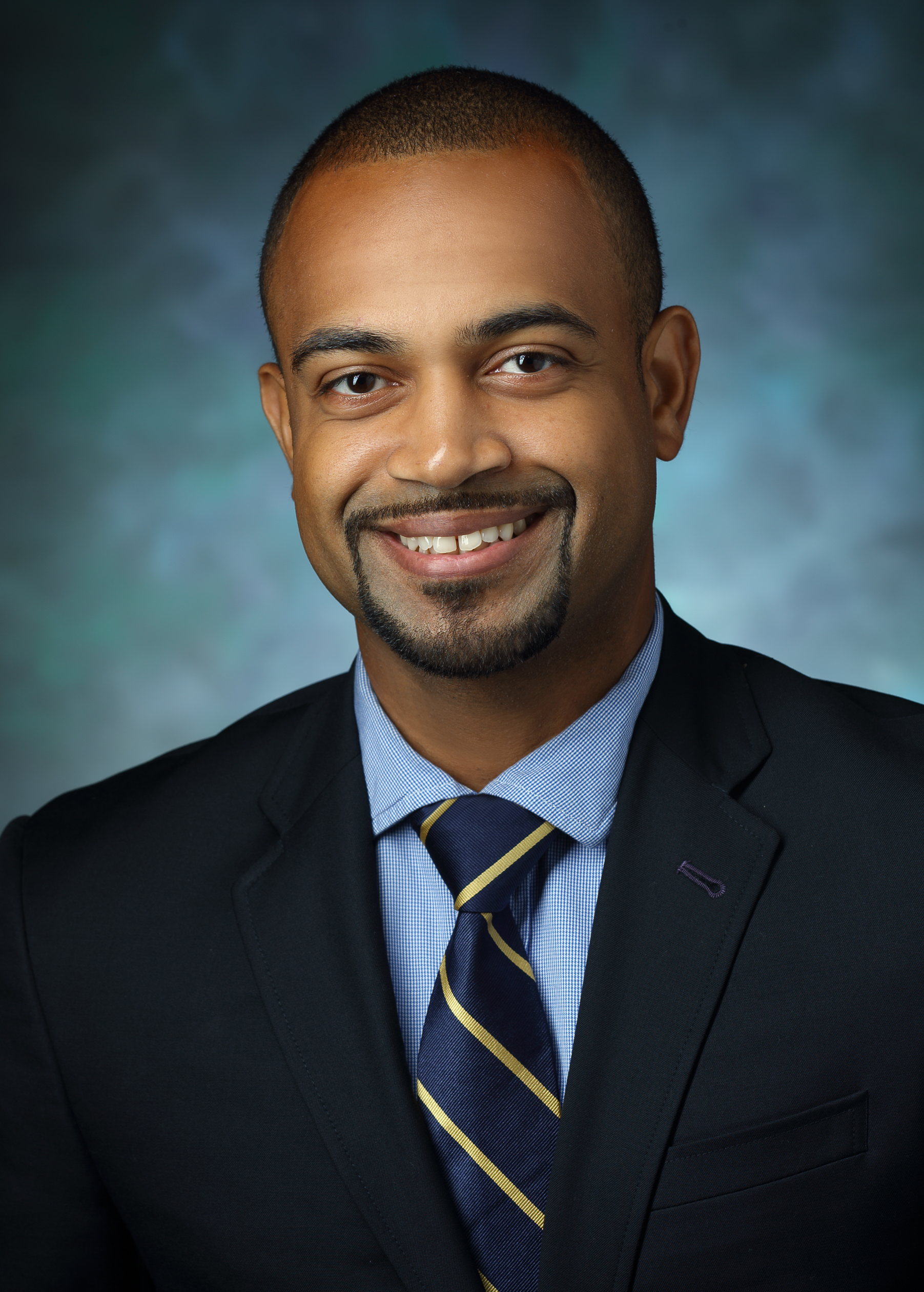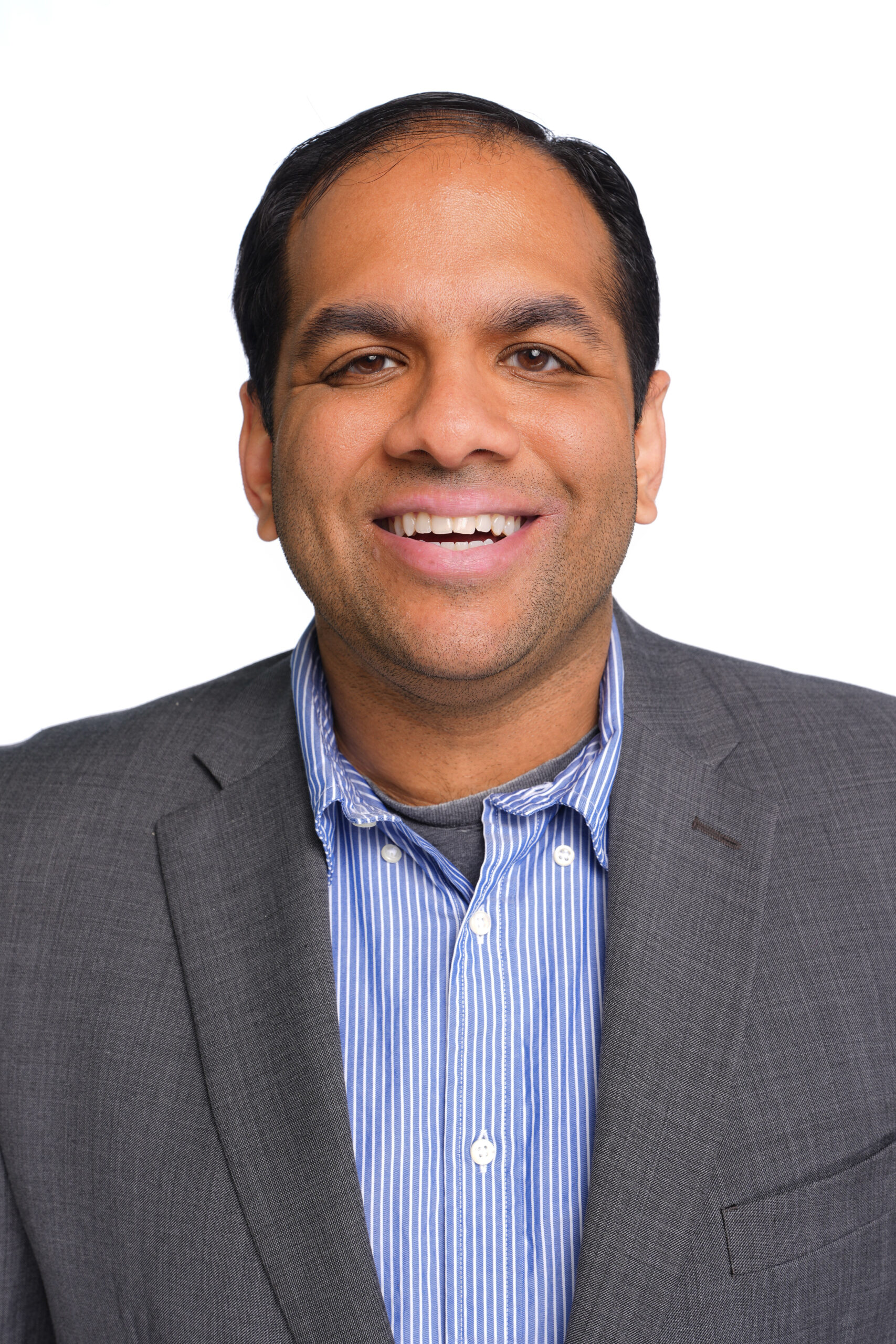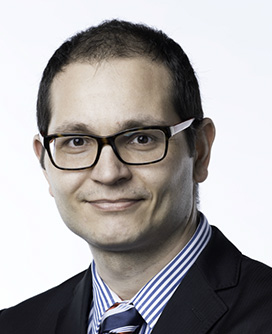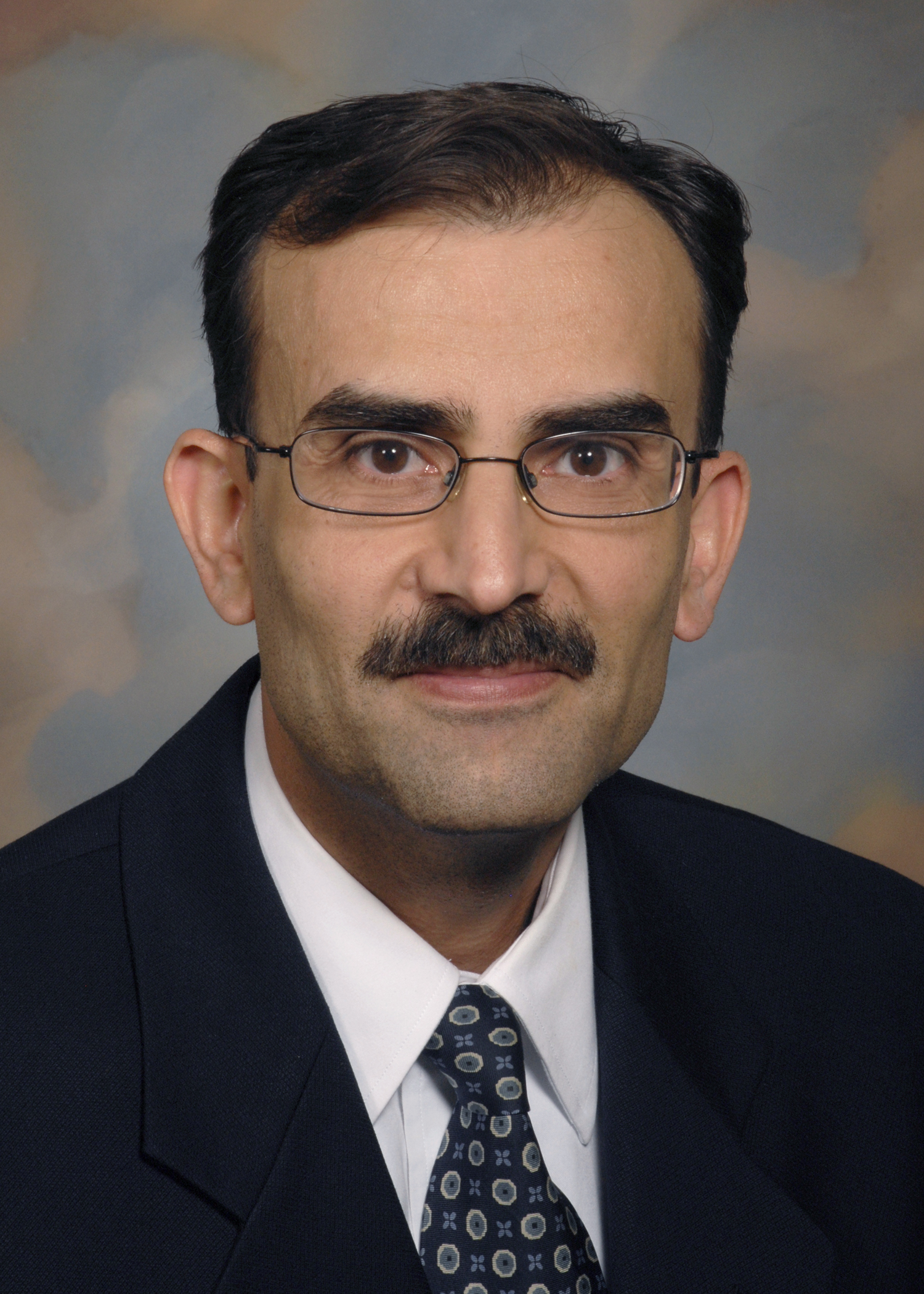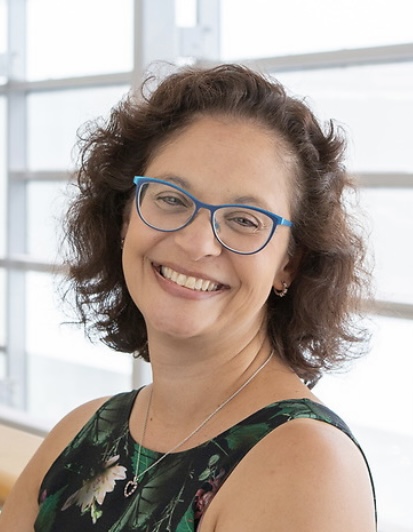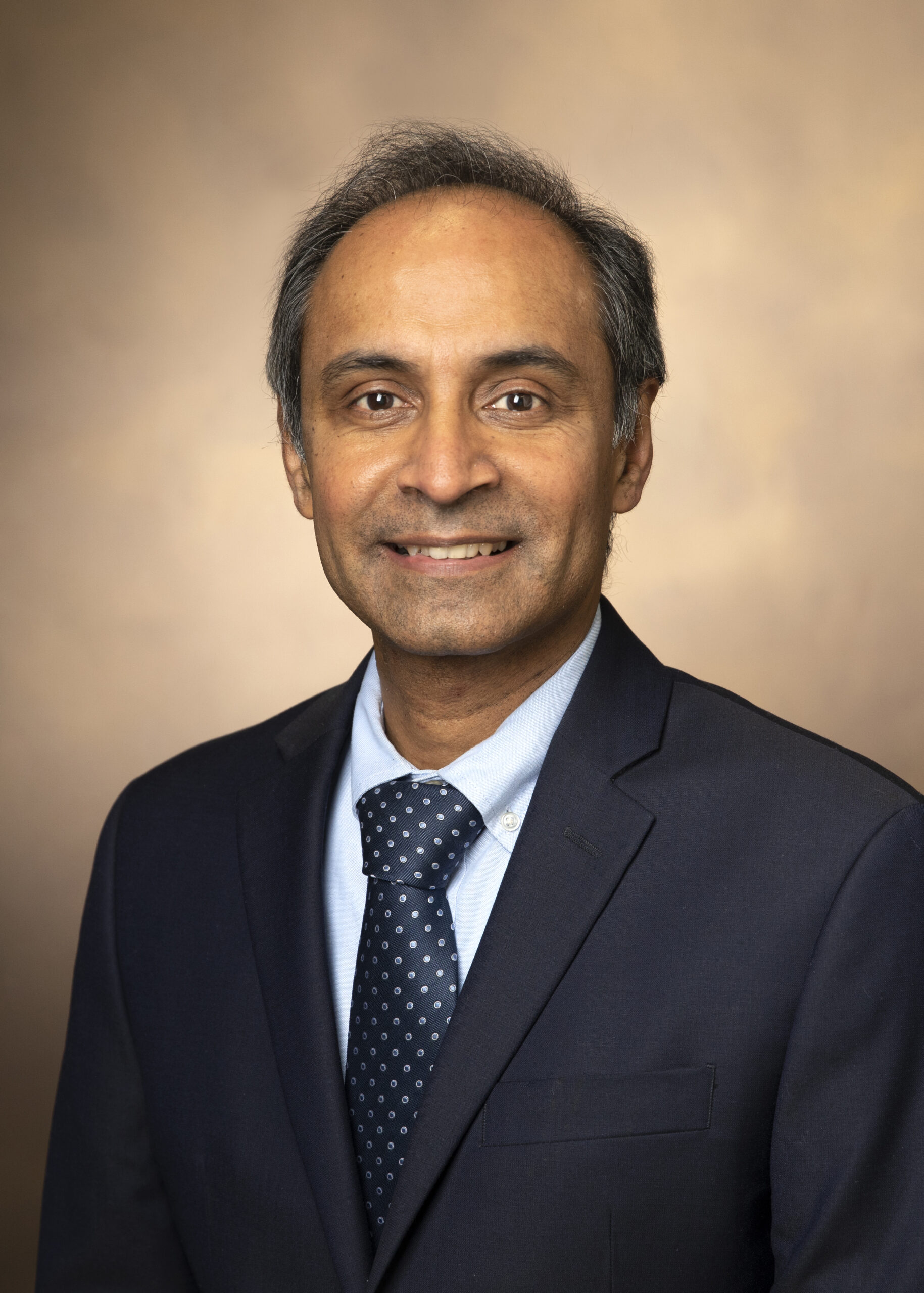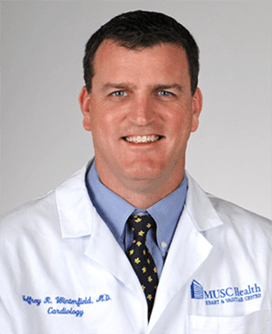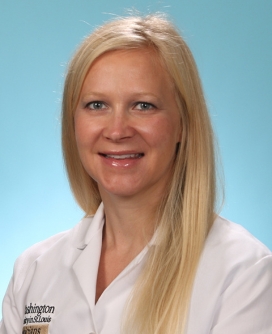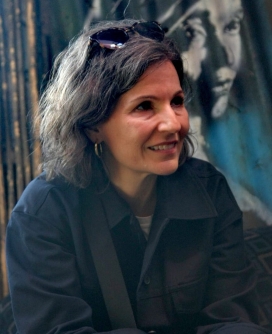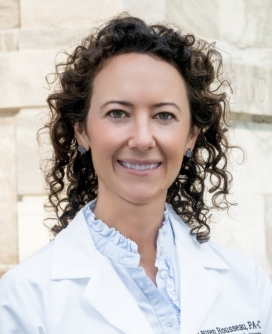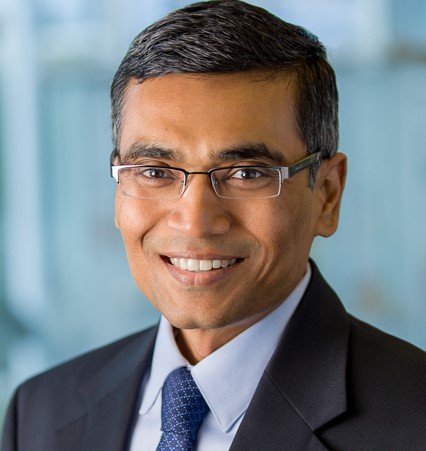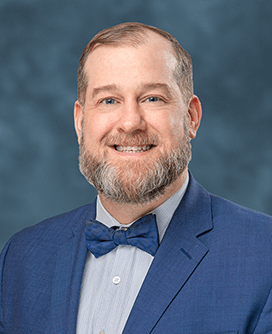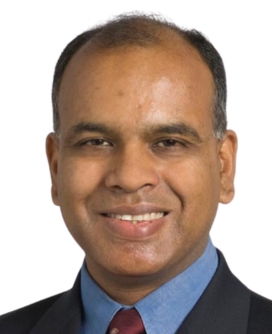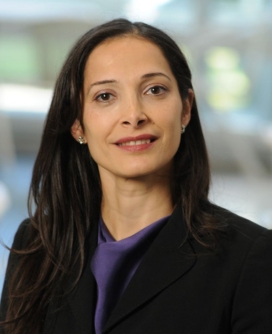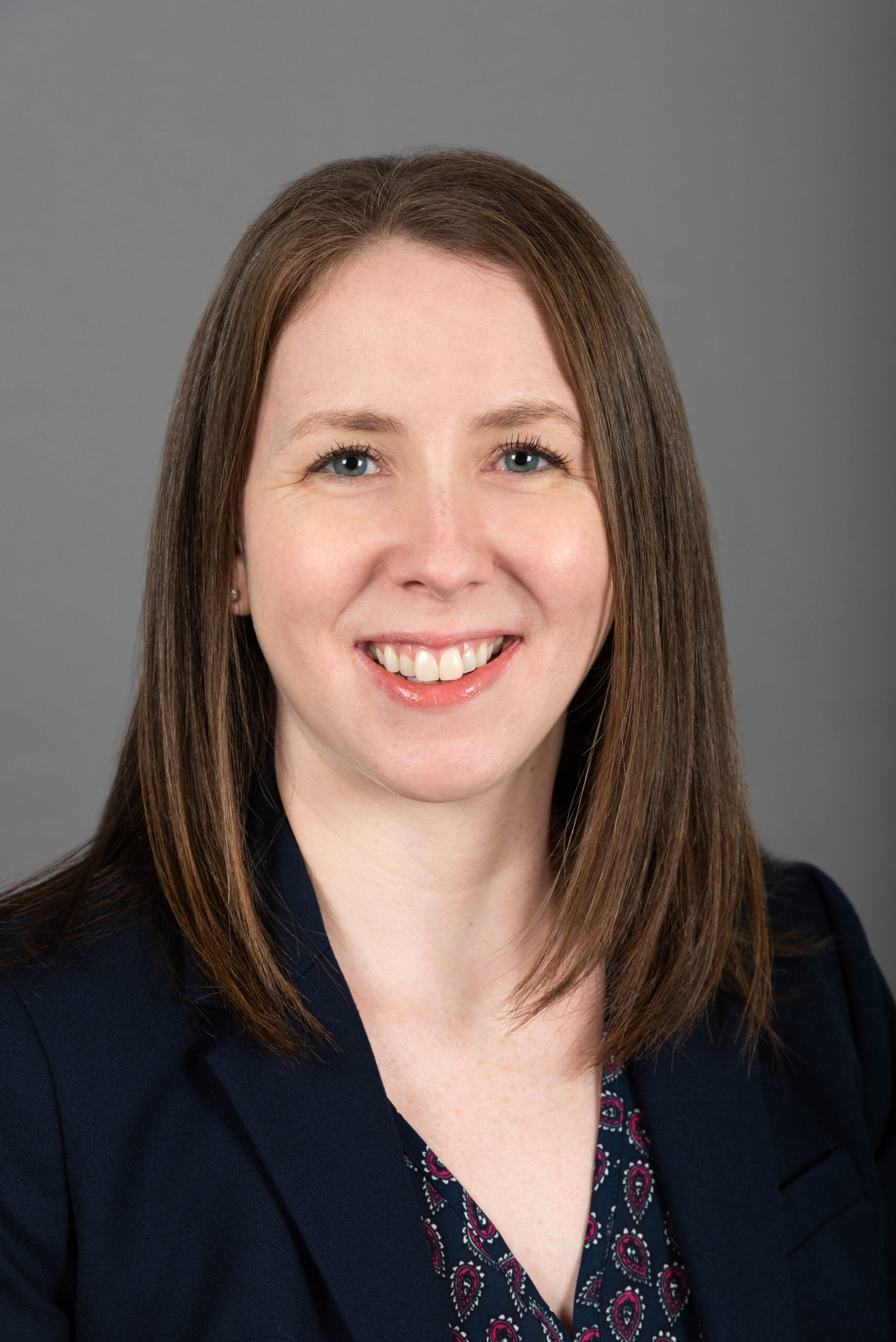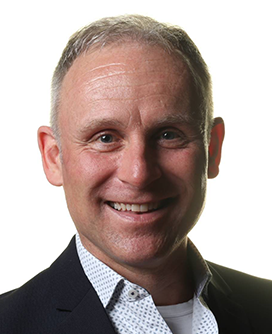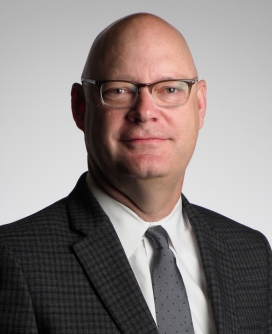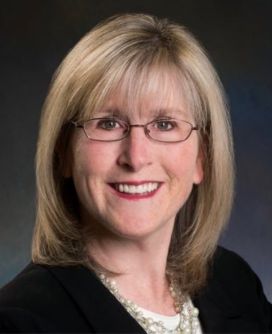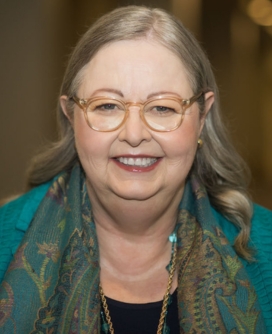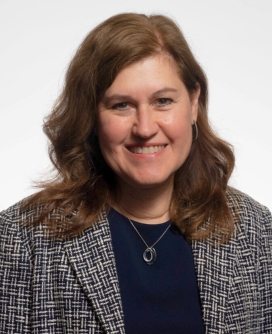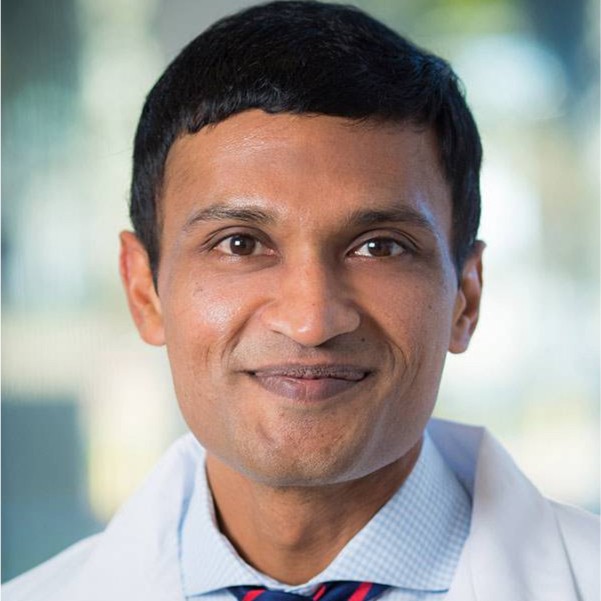Event category: Concurrent Session
Events
September 05, 2025

The Permanent Pacing of Tomorrow
The Permanent Pacing of Tomorrow
Mikhael El-Chami | Neal Bhatia | Janet K. Han | Anne Kroman | Kathryn Hilpisch
This session will detail the possibilities, potential technologies, and likely pathways for permanent pacing in the future. Specifically, this session will explore next generation pacing technologies, including but not limited to advances in leadless pacing, micro-devices, new epicardial pacing interventions, pacing for HFpE, and physiologic atrial pacing.

Innovations in Autonomic Therapies for Atrial Fibrillation
Innovations in Autonomic Therapies for Atrial Fibrillation
Jonathan Piccini | Shih-Ann Chen | Marat Fudim | Stavros Stavrakis | Kalyanam Shivkumar
The autonomic nervous system is known to play a critical role in the initiation and/or triggering of many arrhythmias, including atrial fibrillation. Autonomic therapies have moved well-beyond isolated ablation of cardiac ganglionated plexi. This session will review the innovations that have expanded autonomic therapies, including tragus stimulation, renal sympathetic denervation, and future innovations for additional interventions.
September 04, 2025

Evolution, Integration, and Disruption of Ultrasound Technologies in the EP Laboratory
Evolution, Integration, and Disruption of Ultrasound Technologies in the EP Laboratory
Amin Al-Ahmad | Luigi Di Biase | Kenneth Ellenbogen | Christoph Hennersperger | Stephen Metz | Roy Urman
There is an unprecedented surge in innovation surrounding intracardiac ultrasound and its integration into electrophysiologic care. Future iterations of 4-D intracardiac ultrasound, next-generation integration into mapping systems, and the use of ultrasound for therapeutic purposes all have the potential to significantly change practice. This session will review these key innovations and how they may improve care in the EP laboratory.

Personalized Care Through Digital Twins – Foundational or Fantasy?
Personalized Care Through Digital Twins – Foundational or Fantasy?
Natalia Trayanova | Patrick Boyle | Jonathan Chrispin | Tanmay Gokhale | Liat Tsoref
Digital twins offer the promise to develop, test, and validate potential personalized solutions for heart rhythm care that are unique to a given individual and their myocardial substrate. Early studies have been promising. However, there are significant challenges from several different areas including operational, computational, and efficacy. This session will engage in discussing whether digital twins will become a foundational core of EP care or remain a fantasy.

Regulatory Science in a Changing Landscape for Device Trials
Regulatory Science in a Changing Landscape for Device Trials
This session will highlight the challenges, current best practices, and how innovation will impact regulatory science, with a focus on first-in-human device trials. The session will highlight shared and unique challenges in different regions of the world, including Asia, Europe, and North America. Attendees will be armed with a better understanding of the key barriers and facilitators for successful first-in-human trials.
September 05, 2025

Imaging 2.0: Multi-Modal Insights for Complex EP Cases
Imaging 2.0: Multi-Modal Insights for Complex EP Cases
Jeffrey Winterfield | Sotirios Nedros | Ravi Ranjan | Harikrishna Tandri | Usha Tedrow
Innovations in imaging—ranging from real-time 3D/4D echo, advanced CT mapping to cardiac MRI—are reshaping electrophysiology. This session explores how novel visualization tools and AI-powered image processing can guide complex procedures while improving patient safety and outcomes.
September 06, 2025

AI and Machine Learning in Electrophysiology: From Research to Implementation
AI and Machine Learning in Electrophysiology: From Research to Implementation
James O'Hara | Janet K. Han | Lisa Roelle | Heather Ross | Lauren Rousseau | Shantanu Sarkar
We will discuss key issues surrounding interoperability and integration, exploring innovative solutions for seamless data flow across multiple monitoring systems. Additionally, we will evaluate the role of AI to support clinical decision-making, enhancing both patient outcomes and operational efficiency. Join us to explore the future of remote monitoring and data management, and how innovations in this field are shaping the future of healthcare

Novel Technologies are Here! Let’s Discuss Application
Novel Technologies are Here! Let’s Discuss Application
Sana Al-Khatib | Martin Burke
Innovation in cardiology remains a central driving force to better patient care. This session explores how emerging technologies provide both opportunities and challenges to execute.
September 05, 2025

Innovative Educational Strategies for Patients and Professionals
Innovative Educational Strategies for Patients and Professionals
Jill Schaeffer | Jamie Harris | Jeroen Hendriks | Samuel F. Sears | Julie Shea | Mellanie True Hills
This session will explore cutting-edge approaches to patient education, focusing on the integration of digital tools and interactive platforms. Participants will gain insights into the latest best practices for educating patients and healthcare professionals, enhancing engagement, understanding, and overall patient outcomes.

AI for the Failing Heart: From Early Detection to Remote Monitoring and Predictive Analytics
AI for the Failing Heart: From Early Detection to Remote Monitoring and Predictive Analytics
Marat Fudim | Demilade Adedinsewo | Sarah Smith | Ajay Srivastava
As healthcare shifts toward proactive interventions, AI holds the promise of detecting heart failure before overt symptoms appear. In this session, experts will discuss how machine learning and big-data analytics can arm clinicians with real-time insights to intervene at the earliest sign of HF decompensation. Attendees will gain an understanding of predictive models, novel monitoring tools, and the challenges involved in implementing such technologies on a broad scale.
